Recovery from eating disorders occurs in phases. First, you must recognize that you have a problem. Then you can engage in practices that will help you recover.
Recovery from eating disorders doesn’t always require a therapist or a treatment program. Although medical attention is recommended, there are several self-help strategies that can be used in addition to ease the symptoms of these conditions. Coping techniques for eating disorders involve a number of combined strategies that are necessary to advance the recovery process.
Recognizing The Problem
An eating disorder is a mental condition characterized by abnormal eating patterns that can have a significant impact on the person’s physical and mental health. A 2015 report [mfn] Sharan, P., & Sundar, A. S. (2015). Eating disorders in women. Indian journal of psychiatry, 57(Suppl 2), S286–S295. https://doi.org/10.4103/0019-5545.161493 [/mfn] found that anorexia nervosa, characterized by an unwarranted fear of being overweight, affects about 0.4% and bulimia nervosa, marked by binge eating followed by purging, affects about 1.3% of young women in a given year.
The first step towards recovery is to recognize and admit that you have an eating disorder. Some of the signs of recognizing the disorders are:
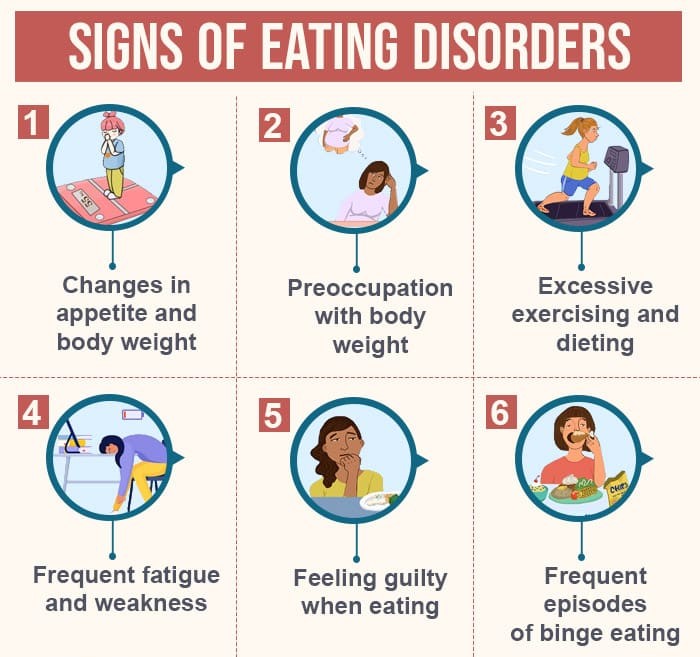
- Changes in appetite and body weight
- Preoccupation with body weight, shape, and appearance
- Excessive exercising and dieting
- Frequent fatigue and weakness
- Purging or using laxatives as a compensatory method for excessive eating
- Frequent episodes of binge eating
- Feeling guilty when eating
- Experiencing loss of control during the binge-eating episodes
- Consuming excessive amounts of food even when they are not hungry
If you are still unsure whether you have a problem, you can take an Eating Attitude Test – 26 (EAT- 26). This is the most widely used assessment tool for standardized self-report screening measures that can help you determine if you have an eating disorder that requires medical attention. A 2016 study [mfn] Yim, Vanessa & Schmidt, Ulrike. (2019). Self-Help Treatment of Eating Disorders. Psychiatric Clinics of North America. 42. 10.1016/j.psc.2019.01.006. [/mfn] pointed out that self-help interventions may be effective in some forms of eating disorders.
Read More About Eating Disorder Here
Self Help Strategies For Eating Disorders
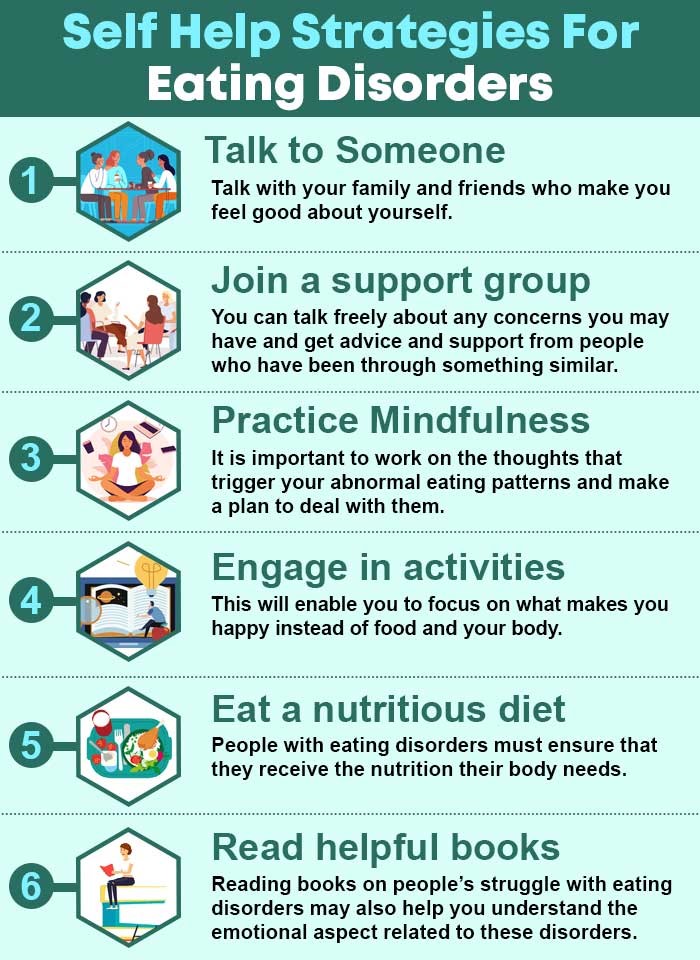
Treatment for the disorders can be expensive. However, there are several self-help strategies that you can use to manage the symptoms and the abnormal eating behavior that comes with eating disorders. It is important to take note that self-help strategies are not recommended for people with anorexia nervosa because there may be several other conditions associated with anorexia.
Here are some self-help strategies that you can adopt to recover from eating disorders:
1. Talk to Someone
It is important to talk about your feelings around body weight, appearance, and your abnormal eating habits with a trusted friend or family member. It can go a long way to improve the way you feel about yourself and your body. You may also speak with a therapist as talk therapy is an important aspect of eating disorders. Talk to someone you trust even if it feels hard. Surround yourself with people who support and love you. Spend more time with your family and friends who make you feel good about yourself.
2. Join a support group
Support groups contain people who are going through similar experiences in their lives. Members provide non-professional support to someone who is struggling with similar issues. Eating disorders support groups ensure a safe environment for people with these conditions. You can talk freely about any concerns you may have and get advice and support from people who have been through something similar.
3. Practice Mindfulness
Sometimes thoughts become our biggest enemy. Our reservations about our bodies are manifested through the abnormal eating patterns associated with these disorders. People with these disorders also suffer from other conditions such as anxiety or depression. In such cases, it is crucial to practice mindfulness to keep the symptoms at bay. It is important to work on the thoughts that trigger your abnormal eating patterns and make a plan to deal with them. Some of these mindfulness practices can include:
- Reading
- Going for a walk
- Meditation
- Regular exercise
- Yoga
A 2011 study [mfn] Wanden-Berghe RG, Sanz-Valero J, Wanden-Berghe C. The application of mindfulness to eating disorders treatment: a systematic review. Eat Disord. 2011 Jan-Feb;19(1):34-48. doi: 10.1080/10640266.2011.533604. PMID: 21181578. [/mfn] found that the application of mindfulness-based interventions is a promising approach to treat eating disorders.
4. Engage in activities
Engage in different activities that you enjoy such as learning a new language or skill, going out with friends, or any activity that you have always wanted to do. You can also pursue hobbies you are passionate about, like playing a musical instrument or creating art. This will enable you to focus on what makes you happy instead of food and your body.
5. Eat a nutritious diet
It is essential to focus on eating a healthy and nutritious diet instead of a controlled diet. Add fruits, vegetables, and whole grains to your diet plan to maintain a good body weight. When you feel full while eating, you should stop. You can also consult a nutritionist to help you prepare a diet plan based on your needs. People with eating disorders must ensure that they receive the nutrition their body needs.
6. Read helpful books
There are several books on guided self-help for eating disorders. One of the most widely recognized books is Overcoming Binge Eating [mfn] Iacovino, J. M., Gredysa, D. M., Altman, M., & Wilfley, D. E. (2012). Psychological treatments for binge eating disorder. Current psychiatry reports, 14(4), 432–446. https://doi.org/10.1007/s11920-012-0277-8 [/mfn] by Christopher Fairburn. The manual has proven effective in helping patients with bulimia nervosa, eating disorders not otherwise specified (EDNOS) and binge eating disorders. This book contains steps to follow through in order to recover. These include self-monitoring eating habits and checklists to monitor the progress. This manual also facilitates real-time tracking of food intake, thoughts, and feelings around eating, body weight, and appearance. Some of the other self-help eating disorder books are:
- Goodbye Ed, Hello Me by Jenny Schaefer
- Healing your Heart by Joanna Poppink
- Gaining: The Truth about Life After Eating Disorders by Aimee Liu
Reading books on people’s struggle with eating disorders may also help you understand the emotional aspect related to these disorders. Some of these books are:
- Hunger: A memoir of my body by Roxane Gay
- The body tourist by Dana Lise Shavin
- It was me all along by Andie Mitchell
Read More About Bulimia Nervosa Here
Recovery From Eating Disorders
Recovery from eating disorders can be quite challenging. It requires your complete dedication to be healthy and to pay attention to the emotional triggers that power your abnormal eating patterns. Seek emotional support whenever you require and engage in things that make you happy. It is possible to recover from this condition with a little determination and effort.
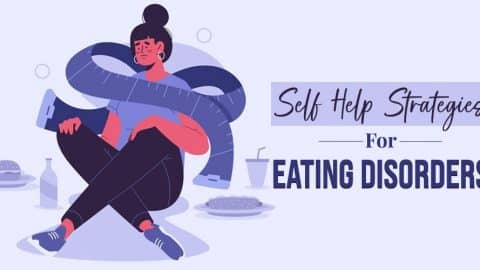
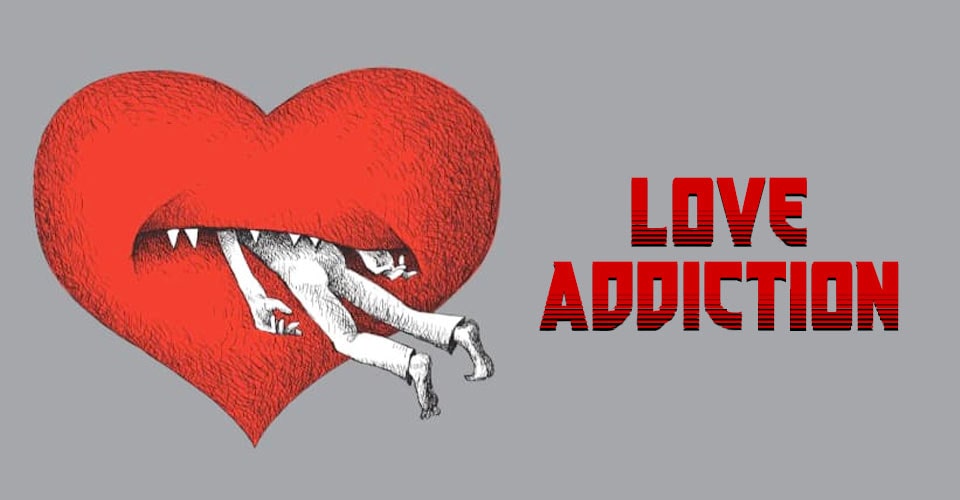
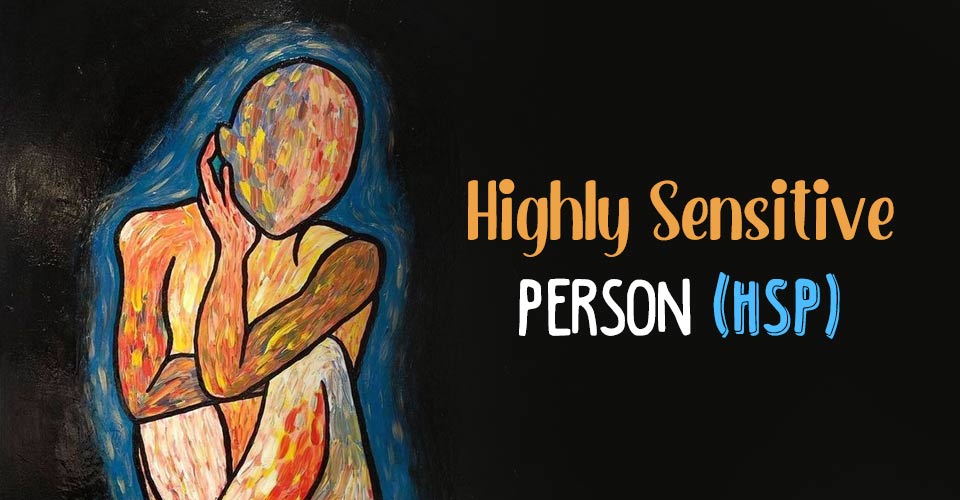

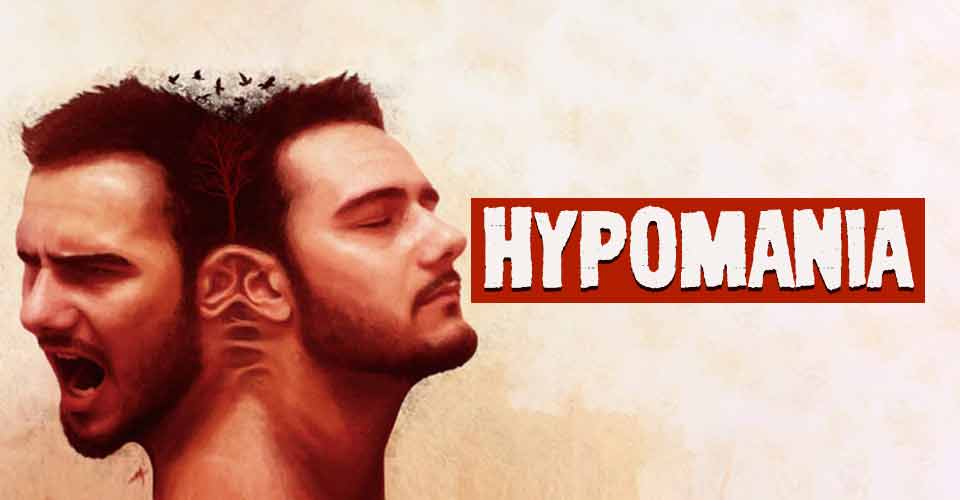



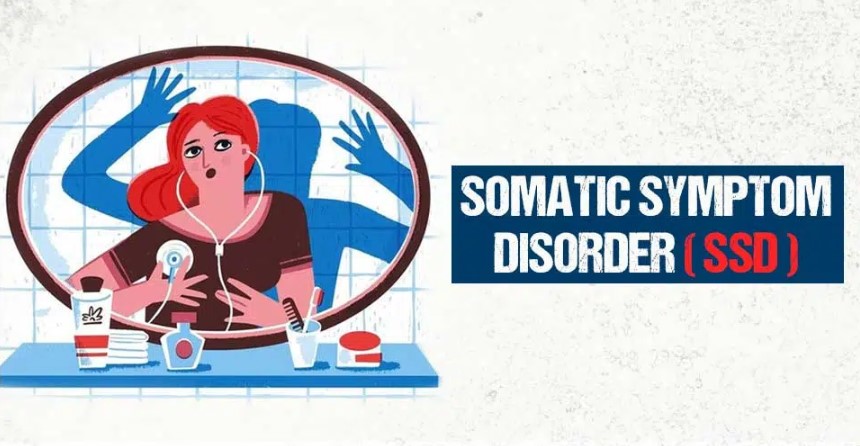

Leave a Reply